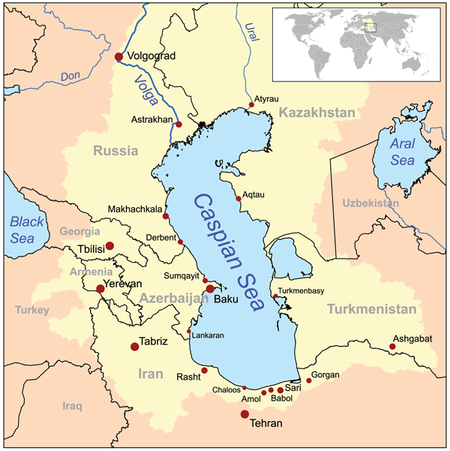"A potential calamity," predicts Democratic pollster Doug Schoen. "If the reactions we're seeing hold, we could have real spasmodic anger directed at businesses and corporations." And the timing will have consequences, says financier and onetime GOP presidential candidate Mitt Romney: "Unfortunately, politicians have seized on the politics of envy," he told Fortune, "and they are stoking it this election year like I've never seen in my lifetime." (...) Union leaders like the AFL-CIO's John Sweeney suddenly sound as if they're in the mainstream of public opinion with statements like this: "One thing is certain. No one - no politician, no investment banker, no television commentator, no economist - should be able to say again with a straight face that here in the United States we just let markets do whatever markets do and everything works out for the best." Fortune
We come in one size: extra large. We are sometimes insolent and often quick to fight. We love competitive spectacle such as NASCAR and paintball, and believe gun ownership is the eleventh commandment. We fry things nobody ever considered friable - things like cupcakes, banana sandwiches and batter dipped artificial cheese even pickles. And most of all we are defiant and suspicious of authority, and people who are "uppity" (sophisticated) and "slick" (people who use words with more than three syllables). Two should be enough for anybody. Joe Bageant, author of "Deerhunting With Jesus" - BBC NEWS
Obama’s “Change” message, Saunders argues, is too abstract, too vague, for the region. “Those people you were with today were screwed by the English in Scotland and Ireland way before they came over here and started getting screwed,” he said. “They’ve been screwed since the dawn of time. And you know what? You ain’t gonna do anything with them, talkin’ about change. You know why? We’re all changed out. That’s all you ever hear, every election. Somebody’s gonna change some shit. Nothin’ ever changes. We get fucked.” David (Mudcat) Saunders - New Yorker
You have to start from somewhere and probably a nascent class consciousness is as good a place as any. A realization that your life is going to be damaged by a few powerful people who don't give a damn about you and your problems and the lives and problems of millions like you, and reaching out to find others in the same fix you are in.
Here we are.
The Reaganite-Thatcherite-Friedmanite, bloom is finally off the rose, innit?
As Sam Cooke sang, "It's been a long time coming, but a change is going to come someday".
Has it come?
Probably not.
Why not?
The culture wars.
As my readers know, I personally am "pro choice", but I would put that on a back burner in order to come to some agreement with those who support the "pro life" position if it took that to get universal health care.
Forty million Americans without health care, who cannot see a doctor except in an emergency room is what I call a "primary contradiction" and all the culture questions for me, at this moment, important as they are, are secondary contradictions: issues to be postponed until the primary contradiction is taken care of. This is also because to get universal health care would reorder the priorities of the entire system and put the final nail in Ronald Reagan and Milton Friedman's coffins. This is the issue that a social democratic future of the United States hinges on... It is the primary contradiction.
Obviously this accepting priorities does not mean abandoning one's beliefs, it means postponing those battles in order to make common cause with others who also need what we need most and therefore I think that at present, as badly as women need abortion on demand, they and the children they already have need regular visits to the doctor, glasses and dental care more. So the welfare of children already in the world, who don't have access to a pediatrician, has to be temporarily put first.
In short, I think progressive American politicians should handle rattlesnakes, go into trance, howl like dogs, speak in tongues, join the NRA and eat fried pie, if that is what it takes to get socialized medicine in the USA. DS

















